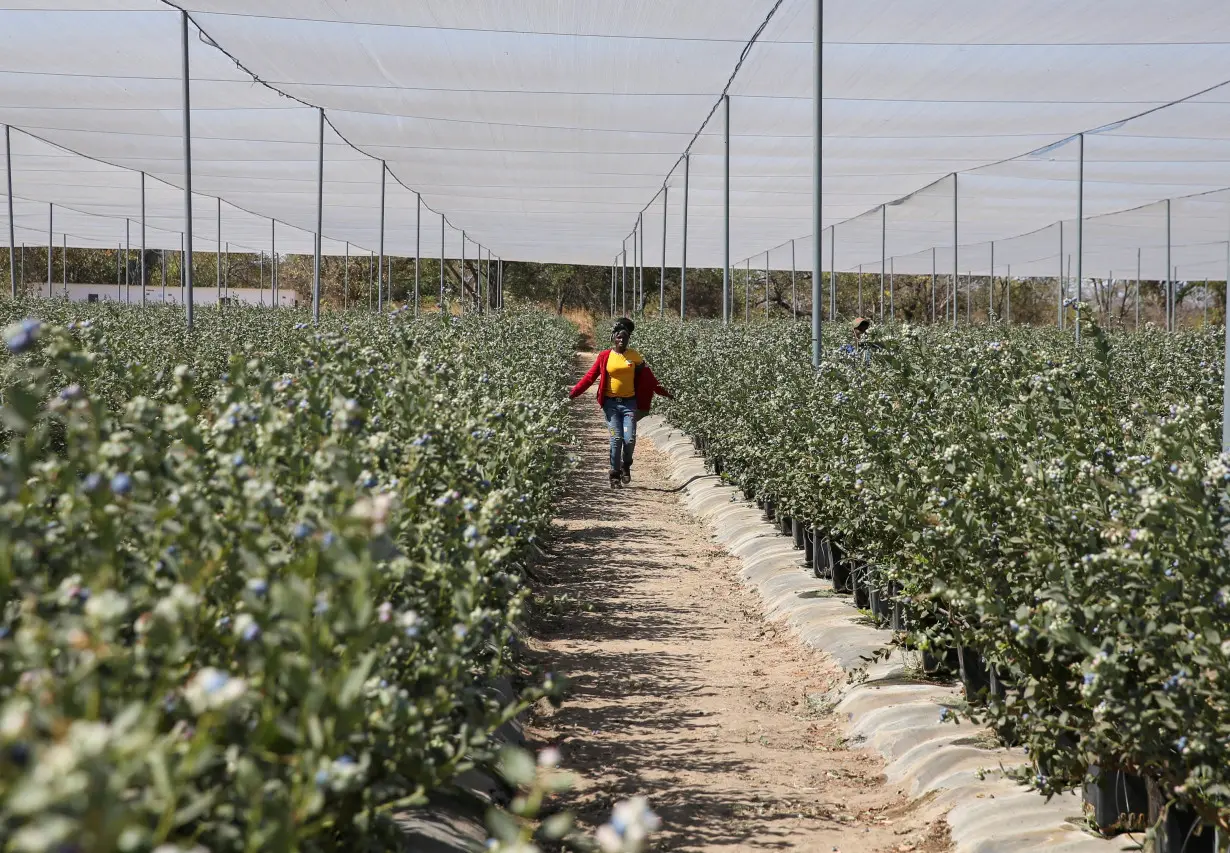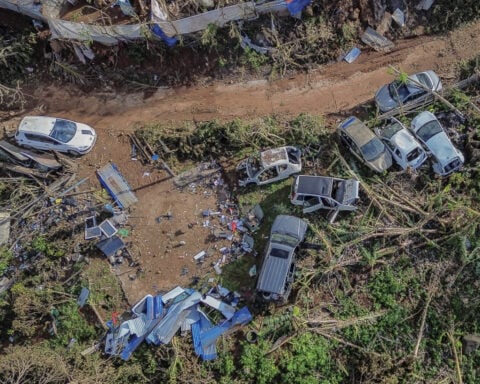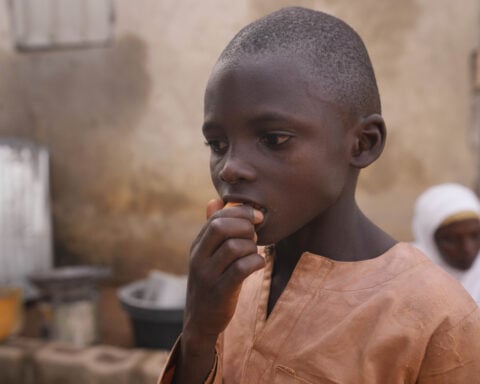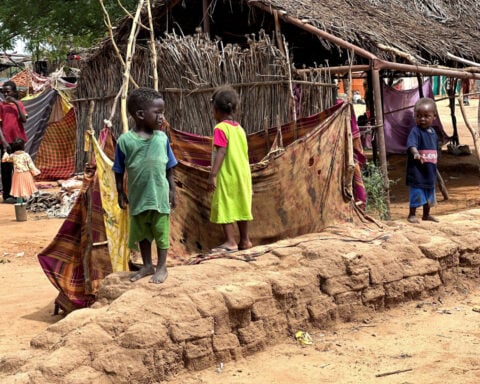By Nyasha Chingono

HARARE (Reuters) - Zimbabwean farmers aim to capitalize on increasing global demand for blueberries, but self-funded growers like Willard Zireva cite a lack of finance and minimal government support as barriers.
Despite being one of the fastest growing blueberry producers globally, with production doubling to 7,000 metric tons last year due to a favourable climate, Zimbabwean farmers are struggling to secure financing for their operations.
Zimbabwe's horticultural exports, driven in part by blueberries, exceed $100 million annually. The sector's exports, which peaked at $140 million in 1999, were disrupted when former President Robert Mugabe began the seizure of white-owned farms to resettle landless Black citizens.
Despite the sector's recent growth, banks remain wary of financing agriculture due to uncertain land tenure, making it challenging for Black farmers like Zireva to expand.
Blueberry farming in Zimbabwe is currently dominated by the few remaining local white farmers, many of whom are looking for foreign investment to expand operations.
Zimbabwe's banks do not accept the 99-year leases handed by the government to resettled farmers as collateral for borrowing.
The banks also tend to be reluctant to lend to farmers because the state has in the past arbitrarily acquired farmland, including from some Black commercial farmers.
Zireva cultivates 12 hectares of blueberry crops at his Talana farm 100 km (62 miles) west of capital city Harare, which he bought freehold in the 1990s before the land seizures.
He said that he had to rely on personal savings to plant his first crop after a local bank denied him funding.
'MASSIVE GROWTH OPPORTUNITY'
"If funding is available, there is a massive growth opportunity," he told Reuters.
Growing a hectare of blueberries in Zimbabwe requires at least $100,000 to import plants, peat pots from Europe, and special shades for the crops.
Other costs include refrigerated packaging warehouses and water resources.
"We need interventions and interventions have to come from government. Nobody else," said Zireva, referring to concessional funding for farmers.
The finance and agriculture ministries, as well as the Bankers Association of Zimbabwe (BAZ), did not immediately respond to requests for comment.
Zireva's farm aims to export 120 metric tons of blueberries to the United Kingdom and East Asia this year, but he says the demand far exceeds their ability to supply.
His farm requires $1.2 million to double output, he added.
"We are hoping that we can get funding next year to put in eight hectares so that we get to 20 (hectares)," Zireva said.
Zimbabwe's Horticultural Development Council (HDC) said the lack of long-term finance was a significant barrier to the sector's plans to double blueberry hectarage to 1,500 hectares by 2030.
HDC CEO Linda Nielsen told Reuters that without funding "we will see growth in the blueberries sector coming off on the tonnage side. We really need to grow the hectarage and maintain our market share."
(Reporting by Nyasha Chingono; Editing by Olivia Kumwenda-Mtambo, William Maclean)

 Isolated Chicago communities secure money for a coveted transit project before Trump takes office
Isolated Chicago communities secure money for a coveted transit project before Trump takes office
 Caitlin Clark effect hasn't reversed the decades-long decline in girls basketball participation
Caitlin Clark effect hasn't reversed the decades-long decline in girls basketball participation
 The water was their livelihood. Now Thailand's sea nomads work to preserve a vanishing way of life
The water was their livelihood. Now Thailand's sea nomads work to preserve a vanishing way of life
 China says US is 'playing with fire' after latest military aid for Taiwan
China says US is 'playing with fire' after latest military aid for Taiwan
 Winter is hitting Gaza and many Palestinians have little protection from the cold
Winter is hitting Gaza and many Palestinians have little protection from the cold
 China calls Taiwan a 'red line', criticises new US military aid to island
China calls Taiwan a 'red line', criticises new US military aid to island
 Trump says he might demand Panama hand over canal
Trump says he might demand Panama hand over canal
 China's Nio says new Firefly EV to go on sale in Europe in H1 2025
China's Nio says new Firefly EV to go on sale in Europe in H1 2025
 Howard throws 2 TD passes to Smith to help Ohio State rout Tennessee 42-17 in CFP
Howard throws 2 TD passes to Smith to help Ohio State rout Tennessee 42-17 in CFP
 JuJu Watkins and No. 7 USC hold off Paige Bueckers and fourth-ranked UConn 72-70
JuJu Watkins and No. 7 USC hold off Paige Bueckers and fourth-ranked UConn 72-70







